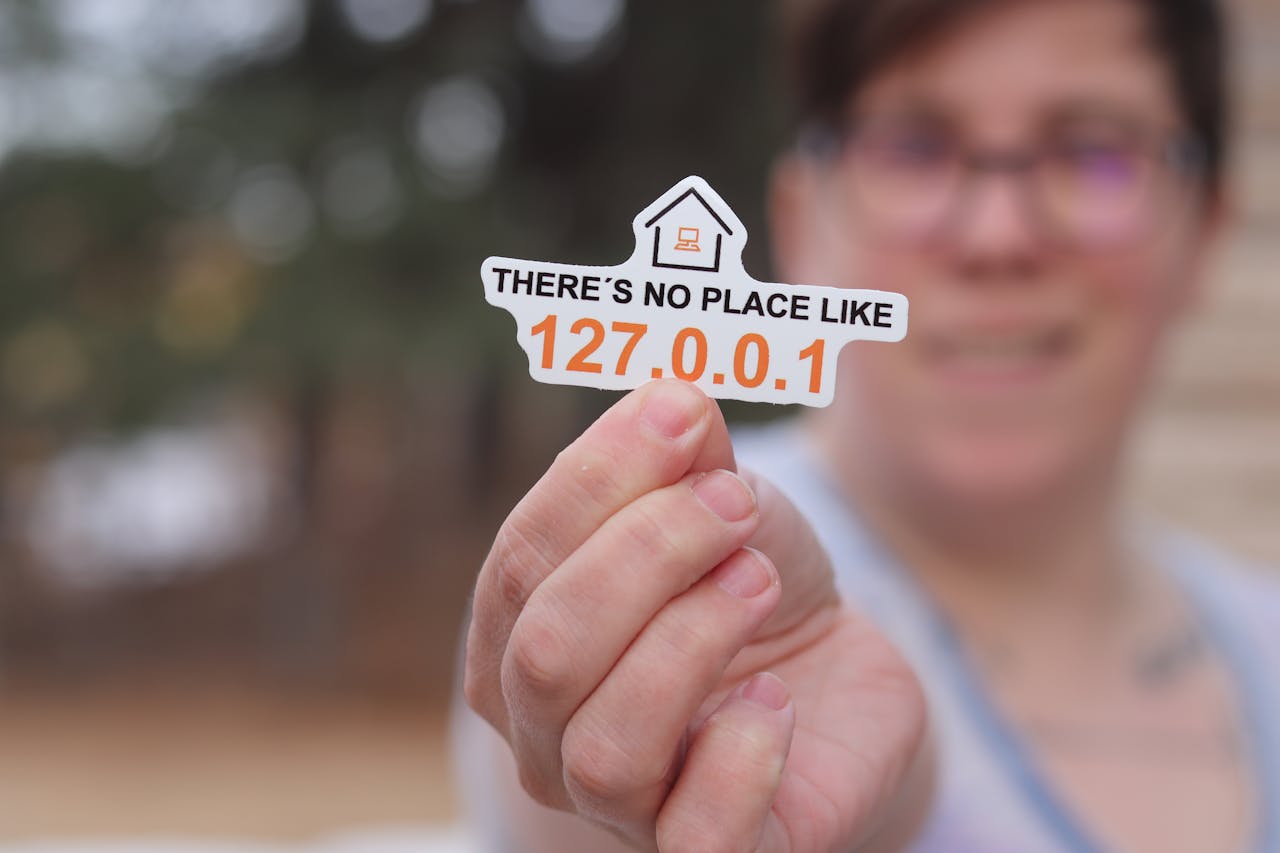UUID Generator
A UUID Generator is a tool or program used to create UUIDs (Universally Unique Identifiers), which are unique identifiers used to identify information in computer systems without needing a central authority to generate them. UUIDs are commonly used in databases, distributed systems, and applications to ensure that each identifier is globally unique.
A UUID Generator is a tool or program used to create UUIDs (Universally Unique Identifiers), which are unique identifiers used to identify information in computer systems without needing a central authority to generate them. UUIDs are commonly used in databases, distributed systems, and applications to ensure that each identifier is globally unique.
What is a UUID?
A UUID (Universally Unique Identifier) is a 128-bit number represented as a 32-character hexadecimal string, usually displayed in five sections separated by hyphens:
An example UUID might look like this:
Components of a UUID:
- 128 Bits: The UUID is composed of 128 bits, which allows for a very large number of unique values.
- Hexadecimal Representation: UUIDs are typically displayed as 32 hexadecimal characters (0-9, a-f) grouped into five sections: 8-4-4-4-12 characters.
- Time-based, Random, or Name-based: There are different versions of UUIDs that are generated using different algorithms, such as based on timestamps, random numbers, or hash values of names.
Types of UUIDs:
There are several versions of UUIDs, each generated using different methods:
-
UUID Version 1 (Time-based):
- Based on the current time and the node's MAC address.
- Ensures uniqueness across time and machines, but may expose information about the time and machine.
-
UUID Version 2 (DCE Security):
- Based on UUID Version 1 but includes security information (rarely used).
-
UUID Version 3 (Name-based using MD5):
- Generated by hashing a namespace identifier and a name using the MD5 algorithm.
- The same input will always produce the same UUID.
-
UUID Version 4 (Random or Pseudo-random):
- Generated using random numbers, ensuring high uniqueness but not tied to time or machine information.
- This is the most commonly used version for general purposes.
-
UUID Version 5 (Name-based using SHA-1):
- Similar to UUID Version 3, but uses the SHA-1 hashing algorithm.
Why Use a UUID Generator?
-
Uniqueness:
- UUIDs are designed to be globally unique, ensuring no two UUIDs are ever the same, even if they are generated on different systems or at different times.
-
Distributed Systems:
- UUIDs are particularly useful in distributed systems where centralized coordination is difficult or impossible. Each system can generate UUIDs independently without worrying about collisions.
-
Database Records:
- In databases, UUIDs are often used as primary keys for records, ensuring that each record can be uniquely identified, especially in distributed or replicated databases.
-
Session Management:
- UUIDs are commonly used to track user sessions, transactions, and other unique instances in web applications.
-
File Identification:
- UUIDs are used to uniquely identify files or objects, especially in cloud storage systems or content management systems.
How Does a UUID Generator Work?
A UUID Generator works by following one of the UUID generation algorithms (e.g., random, time-based, or name-based) to create a unique identifier. Here’s how the generator works for the most commonly used versions:
- UUID Version 4 (Random):
- The generator generates 128 random bits. Part of the bits are set to indicate it's a Version 4 UUID.
- UUID Version 1 (Time-based):
- The generator combines the current timestamp, a unique machine identifier (usually the MAC address), and random elements to produce the UUID.
Use Cases for UUIDs:
-
Database Primary Keys:
- UUIDs are often used as primary keys in databases for ensuring unique identification across distributed systems.
-
Web Development:
- UUIDs are used for session IDs, transaction IDs, and other unique identifiers for users or activities in web applications.
-
File Naming:
- UUIDs can be used to create unique file names, especially in file storage systems where file naming conflicts might occur.
-
API Tokens:
- UUIDs are used for generating API tokens, ensuring that each request can be uniquely identified.
Conclusion
A UUID Generator helps you create universally unique identifiers, which are crucial for applications requiring unique identification across different systems or instances. Whether you're managing sessions, creating records in a distributed database, or identifying files, UUIDs ensure that your identifiers are globally unique and collision-free.
Would you like help with generating UUIDs in a specific context or platform?













